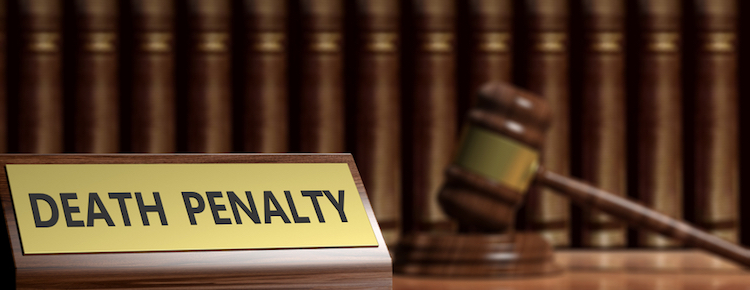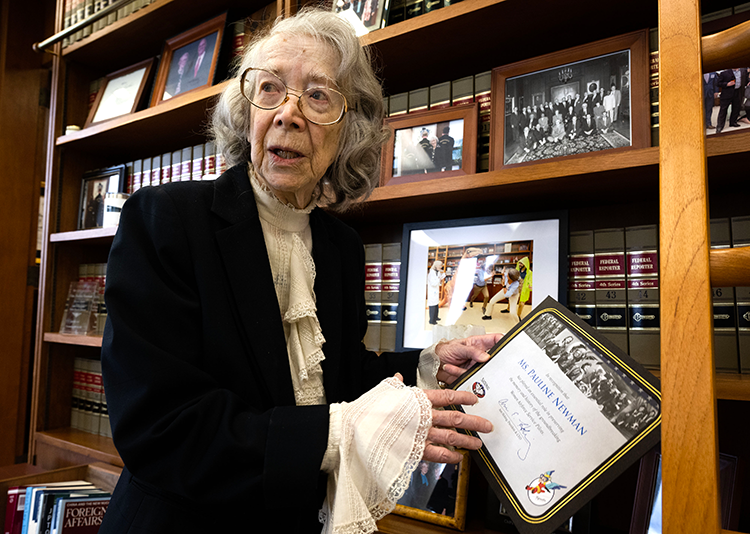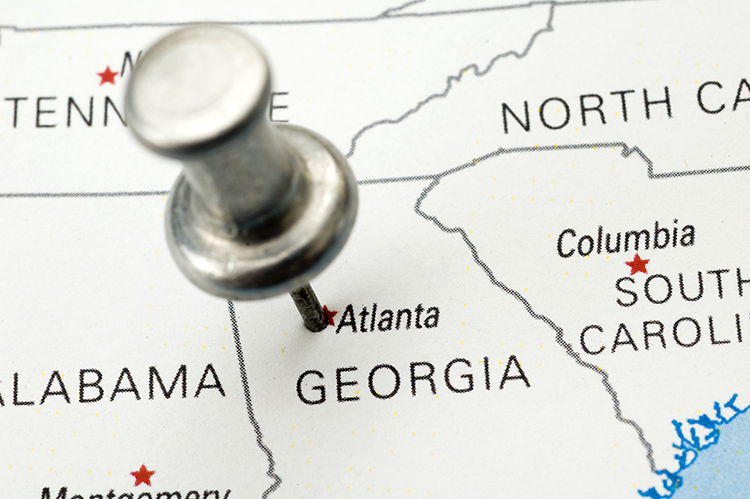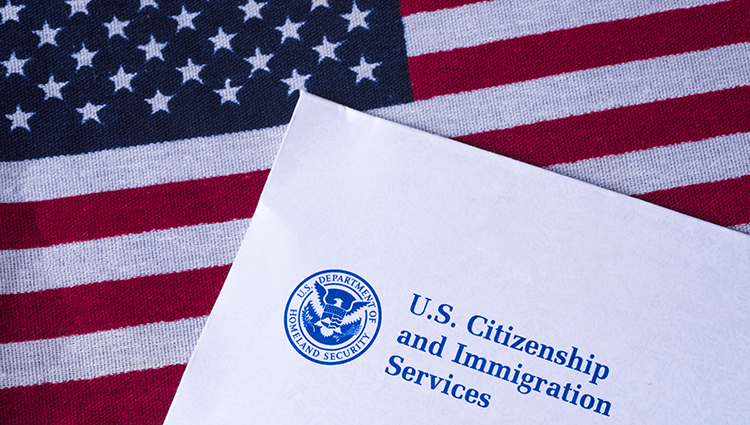The state supreme Court says that South Carolina’s execution menu does not include anything cruel or unusual.
Death Penalty
South Carolina’s execution menu is not cruel and unusual, state supreme court says
August 1, 2024, 3:05 pm CDT
The South Carolina Supreme Court has upheld a state law that gives death row inmates a choice of three execution methods: electrocution, firing squad or lethal injection. (Image from Shutterstock)
The South Carolina Supreme Court has upheld a state law that gives death row inmates a choice of three execution methods: electrocution, firing squad or lethal injection.
The law as amended in 2021 does not violate the state constitution, which is known as the Declaration of Rights, the state supreme court ruled in a July 31 majority opinion by Justice John Cannon Few.
The state constitutional provision reads: “Excessive bail shall not be required, … nor shall cruel, nor corporal, nor unusual punishment be inflicted.”
The four death row inmates who challenged the law did not bring a claim under the Eighth Amendment to the U.S. Constitution, which they argued was less protective than the South Carolina Declaration of Rights.
The law makes electrocution the default execution method unless an inmate opts for lethal injection or firing squad. There is no constitutional violation, Few concluded, because inmates have a choice.
“In the context of the constitutional principle that our state may carry out the death penalty on those on whom it has been lawfully imposed, choice cannot be considered cruel because the condemned inmate may elect to have the state employ the method he and his lawyers believe will cause him the least pain,” Few wrote.
“In the same context, choice cannot be unusual because the [state constitution’s] prohibition on ‘unusual punishment’ was not intended to inhibit innovative efforts to make execution less inhumane,” he wrote.
Alabama also gives inmates three choices, Few said. The options are lethal injection–the default execution method–and electrocution or nitrogen hypoxia.
The New York Times, the Associated Press, the State, the South Carolina Daily Gazette and WLTX have coverage of the South Carolina opinion.
Few’s opinion considered testimony on the pain that could be caused by execution methods.
A state expert, for example, testified that a person would become instantaneously unconscious if put to death by electric chair, while experts for the inmates said nobody knows how long it takes the brain to become insensate.
An inmate who dies by firing squad, on the other hand, “is likely to feel pain, perhaps excruciating pain,” Few wrote, but it is likely to last only 10 to 15 seconds. It could be worse, however, if there is “a massive botch of the execution in which each member of the firing squad simply misses the inmate’s heart.”
“With all of this uncertainty as what is, in fact, the least inhumane method of killing another man, ‘choice’ was the constitutional answer,” Few wrote.
Two justices joined Few’s opinion, although one wrote separately, partly to state his views on the meaning of cruel and unusual.
In a partial concurrence, then-Chief Justice Donald W. Beatty said he agrees that the law is not unconstitutional in its entirety, but he does think that execution by electrocution or firing squad violates the state ban on cruel, corporal or unusual punishment.
In another partial concurrence and dissent, now-Chief Justice John W. Kittredge said he would find that death by firing squad is unusual and therefore unconstitutional.
South Carolina hasn’t executed an inmate since 2011, according to the AP. The AP reports that South Carolina has not executed an inmate since 2011.






